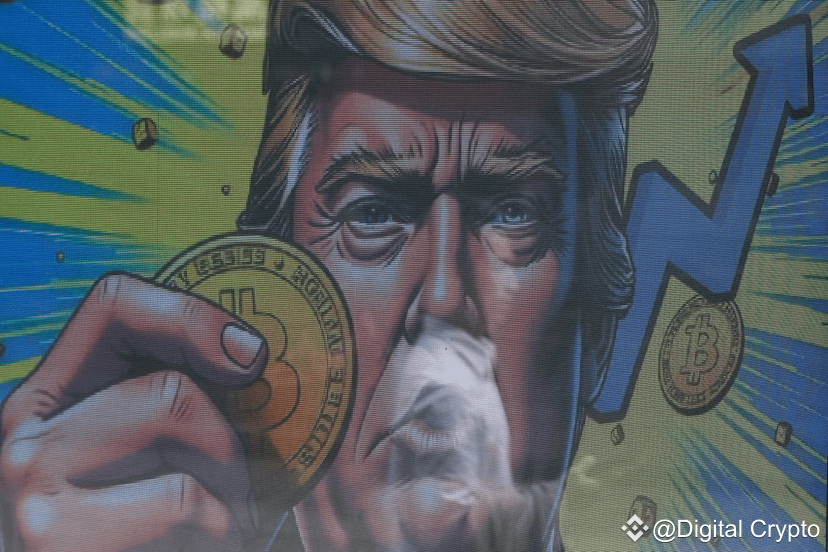
JD Vance is among 13 members reporting crypto holdings
Crypto companies spent heavily on congressional races
Trump has named crypto advocates to high-level roles in administration
WASHINGTON, Jan 24 - President Donald Trump’sadministration is expected to usher in a boom time for crypto but a Reuters review shows very few members of the incoming congress are invested in bitcoin or other digital currencies.
On Thursday, Trump signed an order to create a cryptocurrency working group to open up the regulatory framework, and just days before he took office he launched a new crypto token.
But while many Republicans in Congress have pledged to support Trump’s agenda, a Reuters review of the most recent financial disclosures by the 535 incoming members of Congress found that few have made personal investments in crypto: only 13 members of the House and Senate had investments in cryptocurrencies as of their most recent filings. The spouse of one other representative owns bitcoin, and a second spouse has an agreement that could bring her coins.
All told, that is fewer than 3% of the members of the House of Representatives and Senate with direct exposure to cryptocurrency.
Although members of Congress are in general far wealthier than the public as a whole, their filings suggest they are for now much less likely to own crypto assets. According to a recent Pew Research survey, nearly one in five Americans reported at some point having invested in, traded or used a cryptocurrency.🪙
The amounts, too, are small. One senator – wealthy former hedge fund executive Dave McCormick – has up to $5 million of investment in a bitcoin fund. Apart from him, the combined cryptocurrency value of all the other 12 lawmakers is between $1.1 million and $2.6 million - a fraction of their reported wealth. Vice President J.D. Vance reported crypto holdings of between $250,001 and $500,000. (Reuters included the former senator from Ohio and now vice president because his position makes him president of the Senate.)
The small investments stand in contrast to the money poured into American politics by the crypto industry. By the summer, crypto companies had already spent more than $100 million, or nearly half of all corporate donations, on congressional races, accounting for nearly one in two dollars in corporate contributions, according to Public Citizen, a consumer advocacy group based in Washington, D.C.
Tyler Gellasch, a former U.S. Securities and Exchange Commission lawyer who heads the Healthy Markets Association, an organization in Washington, D.C. that advocates for strong securities regulation, said legislators' low holdings might be an aversion to the lack of safeguards surrounding the assets.
They are likely more aware of the risks than the general public, especially the lack of a coherent and robust regulatory regime,” Gellasch said, adding: "It’s not a bad thing for members to not have a self-interest in pumping up the value of their own digital asset holdings.”
Critics of cryptocurrencies, including some senior commercial and central bankers, highlight problems with fraud and say the fact that they are not backed by underlying, cash-generating assets or businesses makes buying them more like gambling than investing.
